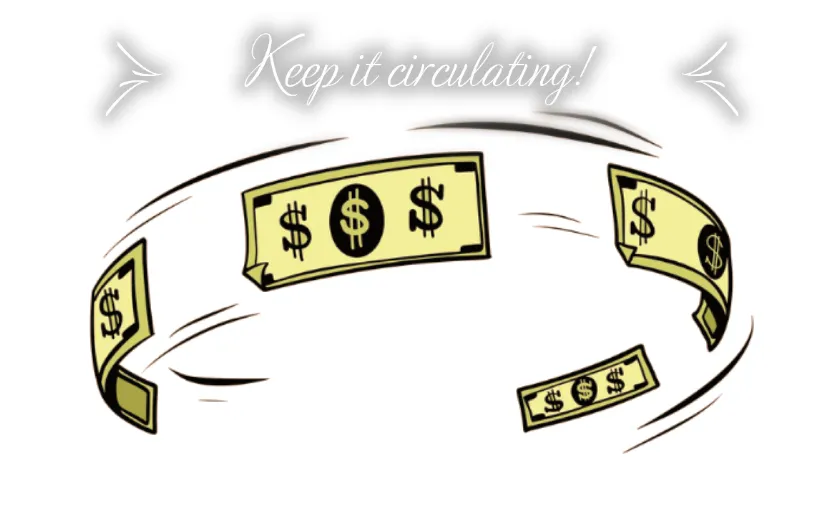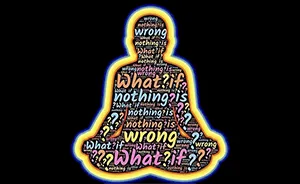70/30 rule That Separate The Rich From The Poor

When it comes to money habits, the difference between rich and poor is not the amount of money but a different philosophy altogether. Moreover, it is a philosophy that will determine whether you will be rich or remain poor in the long run.
Following is the advice offered by the legendary Jim Rohn.
Jim suggested that you are not destined to stay where you are and survive to pay bills.
“Why not work full-time on your job and part-time on your fortune? And what a feeling you'll have when you can honestly say, "I'm working to become wealthy. I'm not just working to pay my bills." When you have a wealth plan, you'll be so motivated that you'll have a hard time going to bed at night.”
He shared a simple formula for creating wealth. Mind you, it is simple but may be challenging for many.
The 70/30 rule
Learn to live on 70% of the money you get in your hand. This 70% is the money you have to spend on your necessities and luxuries. The remaining 30% is for your future and to develop the right mindset.
Here is how he suggested allocating the remaining 30% of the money.
10% for Charity
It is for giving back to the community and helping those who need your help. It will help you develop a giver mentality and provide immense satisfaction to see someone's life-changing because of the money you provide. Start the habit of giving when the amount is small. Many people say I'll share when I get rich. Well, it's easy to give 10 cents out of a dollar than 100,000 $ from 1 million $. Start early, so you will develop this habit before you get big money.
10% for Capital Investment
This amount is for your wealth generation.
This money you will use to engage in commerce; buy, fix, manufacture, sell, or trade. Start working on your wealth generation process, even if it is only a part-time job. Your daily work is to pay bills. This work in your spare time is to get wealthy.
There are millions of ways to create wealth. Let your imagination run wild. Get a stock of your skills and hobbies and see which of these you can convert into a profitable enterprise. Understand the concept of wholesale and retail.
Once you start using your brain, you will be surprised to know how genius you are and to notice so many opportunities already exist around you.
Here we are discussing your involvement in wealth creation and acting on opportunities. It is very different from the get-rich-quick schemes and con artists. Therefore, it is advisable to stay away from these things.
10% for savings
You might have heard of the power of the compound effect. Now it's time to see the magic yourself. Everyone should be ready to face those rainy days if they arrive. It is advisable to have at least 6 months' expenses in saving. It will provide you peace of mind about what-if situations.
If you are tight on money, start with 1% instead of 10% and gradually increase it. It is essential to start this habit and stay on track.
Rich and poor have different philosophies. Poor people spend their money and save whatever is left (if they have that surplus). On the other hand, the rich keep their money first and spend what is left.
Let's say 2 people start with the same amount, the same job, and the same kind of raises every year, but one starts with the poor people philosophy and another with the rich people philosophy. If you get a chance to meet both of them after 20 years, be sure to see the enormous difference in their financial status. It's the power of the compounding effect. The difference is minor and not even noticeable in weeks, months, and even in a few early years. But let years go by, and the difference goes from pronounced to dramatic to profound.
As Jim Rohn put it perfectly
"Unless you change how you are, you will always have what you've got. You can not change your destination overnight. But, you can change your direction."
You may also like
12 Keys to the successful family budget
How much wealth do you need for retirement?
5 Mistakes Jeopardizing Your Money Mindset
































